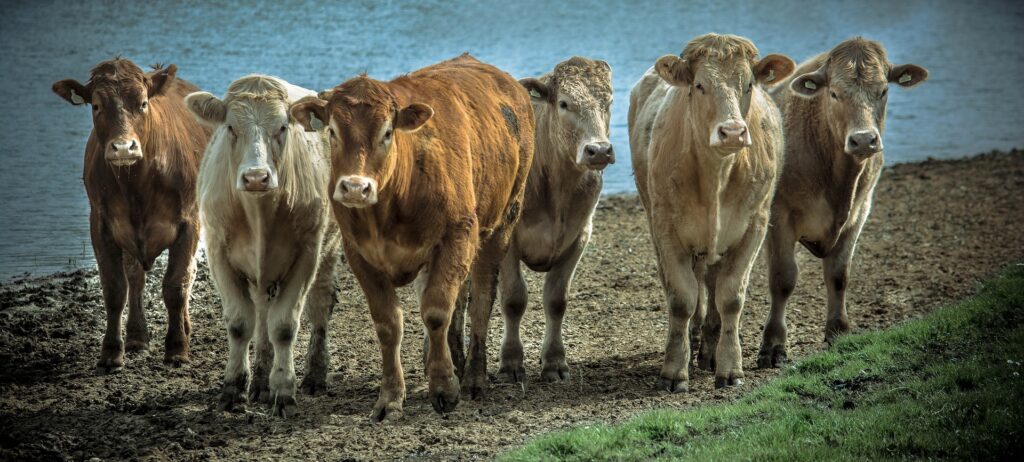
HCN Webinar Series 2023
Climate and health implications of air pollution from agriculture
Date: 7th February 2023
Time 3.30pm – 4.45pm GMT (4.30pm – 5.45pm Europe; 10.30am-11.45am EST)
Register: https://us06web.zoom.us/webinar/register/WN_OpWSwvMRRXWw-eb6PrvrQg
Recording: https://us06web.zoom.us/rec/share/yC-rDlGEHFHnqxRzGvCePtmKpwYD6lEqLDdOKA0cpbeYPXZmQogsJ0MrJEauWUvK.e3Id8JcBy74eJSJB?startTime=1675783985000
Passcode: ^%UcT9gE
The short-lived climate pollutants (SLCP) methane and black carbon are the by-products of modern agricultural systems, including from industrial livestock rearing, from paddy rice production and from burning land for agriculture. These emissions have powerful short-term effects on the climate and also directly impact human health.
The agriculture sector is responsible for around 40% anthropogenic methane emissions. Methane is a key precursor gas of the harmful air pollutant, tropospheric ozone, and while methane does not cause direct harm to human health, ozone is responsible for about 1 million premature respiratory deaths globally. Methane is responsible for about half of these deaths.
Agriculture produces about 8% of global black carbon and is a major contributor to air pollution in many cities, including in Brazil and India. Black carbon, or soot, is part of fine particulate air pollution (PM2.5) and contributes to climate change and causes 7 million premature death each year worldwide. PM2.5 has been linked to a number of health impacts including heart and lung disease, strokes, heart attacks, chronic respiratory disease. This has a huge impact on air quality and health in cities in India and Brazil.
This webinar will explore the nexus between agriculture, air pollution, climate change and health. It will look at the sources of SLCP from agriculture and their impacts on health and climate at a national level. Speakers will propose solutions through practical measures to reduce these emissions, as well as effective policy measures. The webinar will consider how global agreements can be most effective in driving emission reductions and health impacts.
Speakers approached:
- Chair: Modi Mwatsama, Wellcome Trust
- Overview on air pollution and agriculture: Lisa Emberson, Climate and Clean Air Coalition (CCAC) and University of York
- Brazil Air pollution from agriculture– Camila Acosta, Instituto Saúde e Sustentabilidade
- Nutrition, climate and pollution – Marco Springmann, LSHTM and Oxford University
- Global Policy: Sergio Sánchez, Environmental Defense Fund (EDF)
- Agriculture and air quality in India: Kurinji Selvaraj, Council on Energy, Environment and Water
